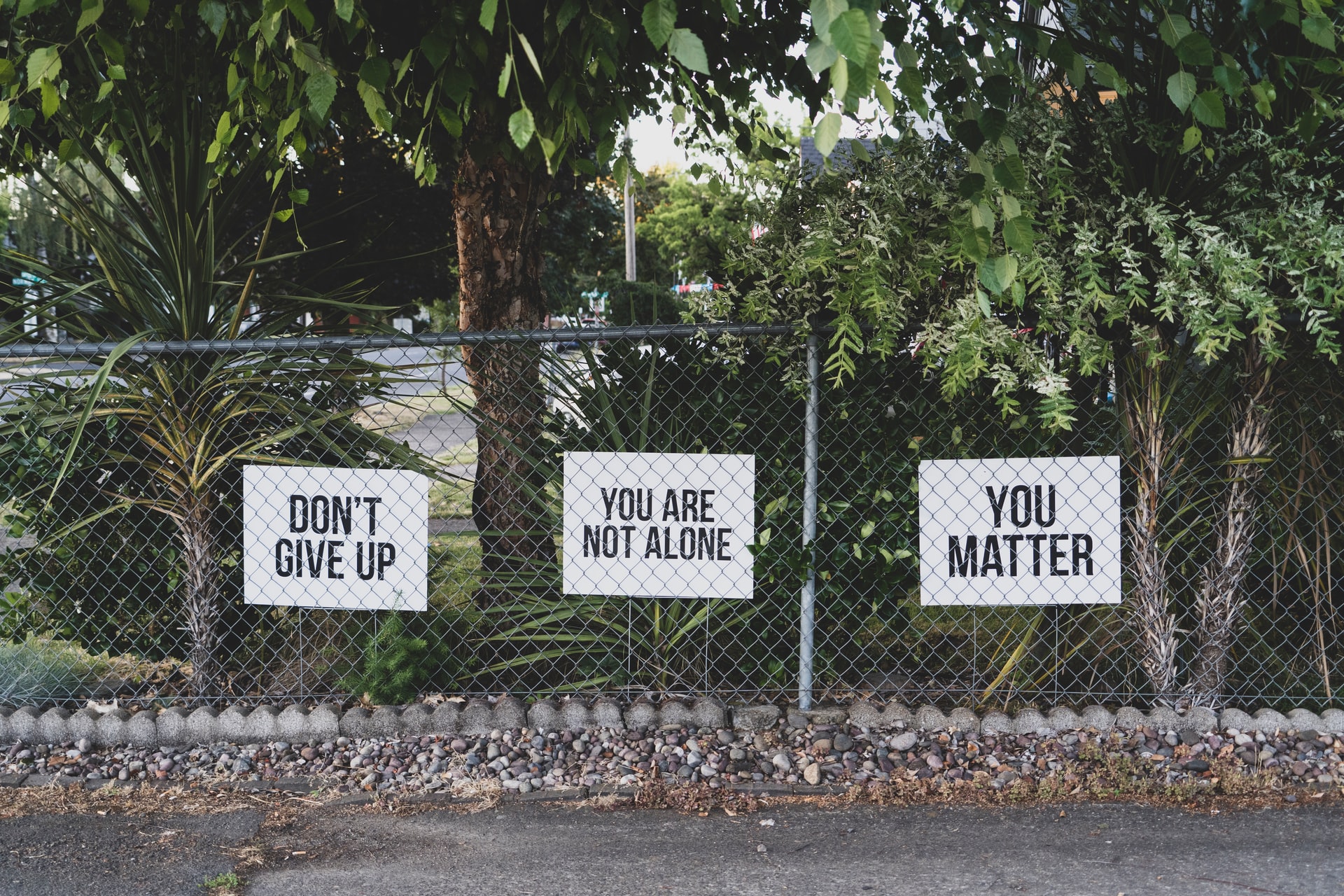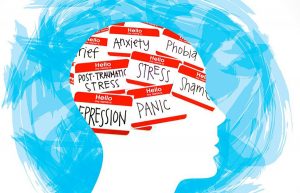According to recent data published by Nepal Police, at least 5,673 committed suicide during the first ten months of the current fiscal year 2020/21. This means the suicide rate has gone up by 1.5 per cent as compared to figures from the last fiscal year that recorded 6,085 suicide cases in the whole year. This number is even higher than the Covid-19 fatalities recorded in the period. One needs to understand that the figures are only the records of the police while many suicide incidents must have gone unreported.
Medical experts have explicitly linked increasing suicide rates with the mental health problems that surfaced in the wake of the pandemic. During the pandemic, mental health problems have reportedly increased due to the intense feeling of despair, anxiety, fragility, helplessness and meaningless of life among people of all walks of life as they are faced with unfavourable realities of working from home, financial insecurities, job losses, online schooling of children and lack of physical closeness with friends and family members. It goes without saying that prolonged prohibitory orders, isolation, contact restriction, economic downturns and loss of livelihood opportunities, and prolonged academic calendars have severely devastated people’s emotional well-being.
It has now become imperative that everyone from an individual to the national and international agencies concerned accept and understand mental health matters and act proactively to solve mental health issues of individuals so that they would never think of killing self.
Mental health during the pandemic

Still, the most frightening question in everybody’s head is: will the virus attack me or if so, will I survive the contagion? And, people are more frightened and concerned now than in the first wave about health safety protocols. The list of precaution and advice pouring in is endless, albeit contradictory, that medical professionals, virologists, psychologists and the alike have offered on social media. People are following the best health protocols as per their knowledge to tackle the challenges dictated by the pandemic. However, the mutating nature of the virus has appallingly puzzled the common folks and even the most intelligent minds of the age, thus redoubling the fear psychology among people and imposing huge mental health burdens across societies.
Before the pandemic, statistics maintained by the World Health Organization show close to 1 billion people were suffering various forms of mental health disorders with 800,000 deaths reported every year due to suicide worldwide, placing mental illness as one of the four leading causes of deaths among adolescents. The pilot National Mental Health Survey, 2018, conducted by the Nepal Health Research Council estimated 30 per cent of the population across the nation as suffering from varied forms of mental health conditions. The situation seems to have been further exacerbated by the Covid-19 pandemic although it is yet to be established by scientific studies.
Needless to say, the coronavirus pandemic has wreaked havoc on human societies at the global levels. There lies no sight of certainty while people of all ages like children, adults and elderly are all confined either to their homes, flats or hospitals and are experiencing the uncanny pandemic realities. South Asian countries have witnessed an unprecedented spike in infections and death rates of late.
According to a global survey of 15-to 24-year-olds administered by the Organisation for Economic Cooperation and Development (OECD) in 48 countries last year, the greatest concerns of youth in both OECD and non-OECD countries are the devastating effects that the pandemic has had on their mental health, employment prospects and education. Moreover, even in developed countries like Britain, a report prepared by the ONS’s Opinions and Lifestyle Survey reveals that between January and March 2021 alone, 21 per cent of adults experienced one and other forms of depressive symptoms, which is reported as double the figures prior to the pandemic.
Studies maintain that cases of mental health disorders such as depression, anxiety, psychosis, bipolar disorders, dementia and schizophrenia tend to soar dramatically during natural calamities and pandemics. During these stressful situations, contagion and loss of lives naturally paralyse the functional capacities of victims’ families and relatives. At a time when even death processing has become the most challenging ritual, it has also put the family members and relatives in complicated bereavement disorders, contributing to the paralysis of both emotional well-being and mental health conditions.
Prevention

Research at global levels reveals that health professionals are experiencing a significant increase in relapse and even serious mental health disorders among larger populations while the mental disorders among those contracting the Covid-19 and already existing mental patients have become the most challenging. According to the WHO, the Covid-19 pandemic has adversely affected or, in many cases, has put critical mental health services to a grinding halt in 93 per cent of nations worldwide at a time when the demand for mental health services is dramatically rising. Therefore, in its recent policy, the WHO has stressed an urgency to redouble investment in mental health care systems across the world.
True, the mental health crisis is simultaneously unfolding worldwide with the pandemic. Failure to respond to this crisis could cost us a lot in the future as the renewed calls in the data have pointed out. Sadly, people’s mental health issues have been virtually ignored in Nepal with its meagre funding policies for far too long. Further, the gravity of mental health issues has long remained downplayed in Nepali societies due to widespread misconception, prejudices, discrimination and the fear of social and cultural stigma. It was true before the pandemic, but the pandemic has even worsened the situation. Amid the pandemic, while physical health may be largely cured by vaccines and medicines, it has become utterly necessary to provide everyone with health care services, knowledge and skills to care for their mental health as well as for friends, family members and those around them to tackle all these barriers.
Although the World Health Organization Country Office for Nepal has been closely working with the Ministry of Health and Population in devising a Covid-19 mental health and psychological support intervention framework, the efforts are insufficient. For this to strengthen, the government needs to urgently put timely interventions in the first place to identify possible pandemic-related mental health risk factors and resilient strategies based on evidence. The government and its concerned agencies cannot afford to sit silently and turn their blind eyes to the pressing concern of health care systems.
It is thus important to understand that preventing the looming crisis is far wiser than risking the indelible impacts. What is equally important is that we, as common citizens, cannot shy away from our creatively constructive responsibilities to care for ourselves, family members and friends by keeping our emotional and spiritual intelligence at the forefront during the time of existential crisis.


























